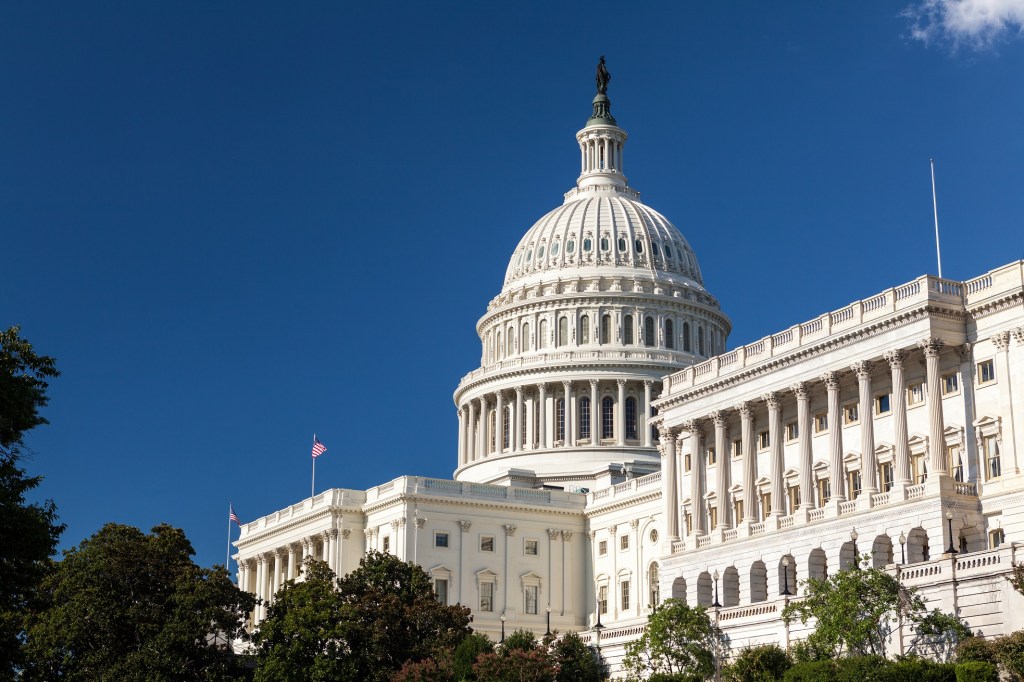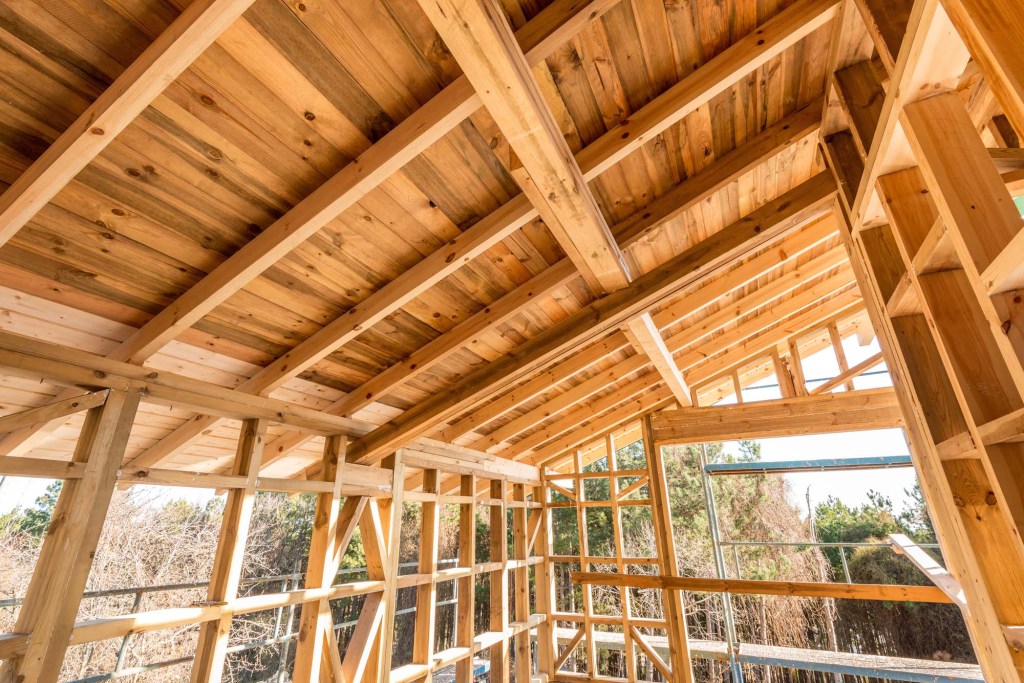The recently passed Families First Coronavirus Response Act, which was signed into law by President Trump in March, makes substantial changes to sick leave and the Family Medical Leave Act requirements for small businesses—companies with fewer than 500 employees.
Small businesses now must offer emergency paid sick leave to employees in coronavirus quarantine or seeking a coronavirus diagnosis. Full-time employees can receive up to 80 hours of paid sick leave, while part-time employees can receive pay based on the number of hours they would work during an average two-week period. These employees are entitled sick leave at their regular base rate with pay capped at $511 per day for up to 10 days (up to $5,110, total). All employees unable to work because they are caring for a quarantined family member or a child whose school or child-care location has been closed due to the pandemic, are entitled to receive emergency paid sick leave, capped at $200 per day for up to 10 days (as much as $2,000 in total).
Small businesses also must offer up to 12 weeks of job-protected family leave to employees who have been employed for at least 30 days and must care for children whose schools have closed due to the coronavirus. The first two weeks (10 days) must be unpaid leave (or accrued paid leave or paid vacation). After this period, paid leave starts and the employer must pay at least two-thirds of the employee’s usual pay, up to $200 per day and $10,000 for the full 10 weeks.
Tax credits and federal payroll-tax relief are available to help pay for the mandatory benefits. Businesses with fewer than 50 employees, can apply for an exemption from the Secretary of Labor if providing either of the types of paid leave could “jeopardize the viability” of their business, according to the U.S. Department of Labor.
-
Congress’s Small Business Stimulus Plans Quickly Fall Short
The Paycheck Protection Program and the Economic Injury Disaster Loans stimulus plans ran out of money.

-
Selling During the Coronavirus Pandemic
Life is 10% what happens to us and 90% how we react to it.

-
COVID-19: ‘An Economist’s Worst Nightmare’
In a recent webinar, Ali Wolf, chief economist for Meyers Research, says she is hoping for a steep but short recession.

-
ABC Supply, SRS, and 84 Lumber Respond to Coronavirus
The dealers share their business continuity plans amid the developing global pandemic.

-
Coronavirus Business Continuity Plans You Can Implement Now
See how different construction industry pros are preparing their businesses and employees for the COVID-19 pandemic.

-
Department of Homeland Security Designates Residential Construction as Essential
States are permitted to make their own determinations, as Pennsylvania and New York have banned new home construction.

-
Maintaining Business Continuity with a Remote Workforce
Evelyn Lee shares tools and best practices for design firms that are transitioning their operations in wake of the COVID-19 global pandemic.




